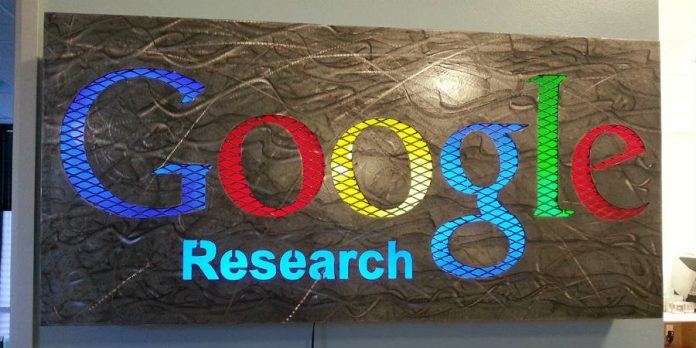Google Builds Open-Source Voice Kit For AI Devices
by Laurie Sullivan @lauriesullivan, August 25, 2017

Google researchers have open-sourced snippets of data to give developers using artificial intelligence tools the ability to create basic voice commands for smart devices. This will help users query content and help the devices recognize meaning and search for answers.
The TensorFlow and AIY teams at Google built the Speech Commands dataset, a Voice Kit created with a collection of 65,000 utterances of 30 words. Google released the tool to help developers or anyone who wants to train AI models.
The words were contributed by thousands of people through the AIY website. The AIY Projects focuses on a do-it-yourself toolkit for artificial intelligence. The kit adds natural human interactions to projects.
Those participating in the project were asked to opt-in. Google provided an opt-in page to ensure that those participating agreed to share their data as part of the project. This means that Google could share the data — with single spoken words — publicly without privacy or other concerns.
The dataset is designed to allow people to build basic voice interfaces for applications, with common words like “Yes,” “No,” “Up,” “Down,” and “Left” or “Right.”
Pete Warden, software engineer on the Google Brain Team, explains in a post that the results will depend on whether a person’s speech patterns are covered by the dataset. “It may not be perfect, commercial speech recognition systems are a lot more complex than this teaching example,” he wrote. “But we’re hoping that as more accents and variations are added to the dataset, and as the community contributes improved models to TensorFlow, we’ll continue to see improvements and extensions.”
Along with the data, Google released a guide on how to train a simple audio recognition network. The tutorial shows how to build a basic speech recognition network that recognizes ten different words.
The agreement gives Google the right to use the voice clips to develop and improve its products and share the clips with others, including the general public. “You understand that your voice alone or in combination with other information could identify you,” per the agreement. “You specifically waive and release any potential intellectual property right, right of publicity, or right of privacy claim against Google or others for use or sharing of your clips.”
MediaPost.com: Search Marketing Daily
(30)